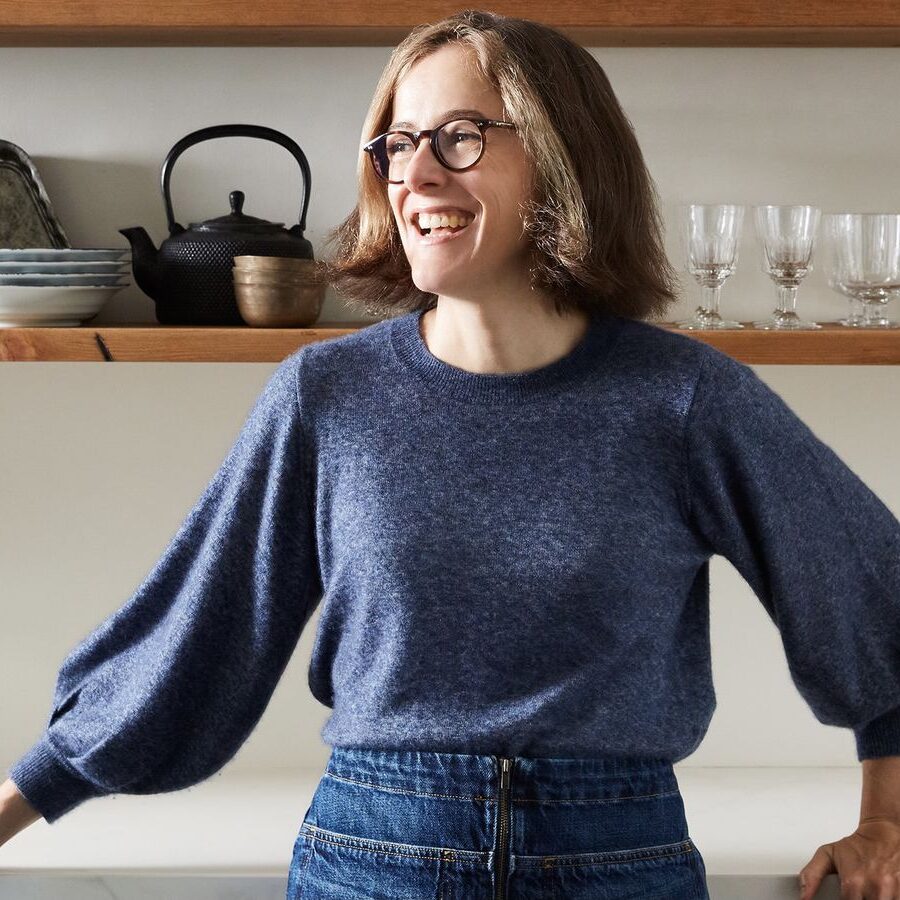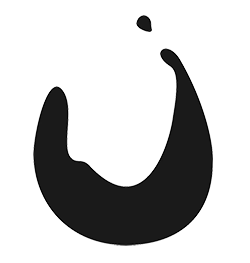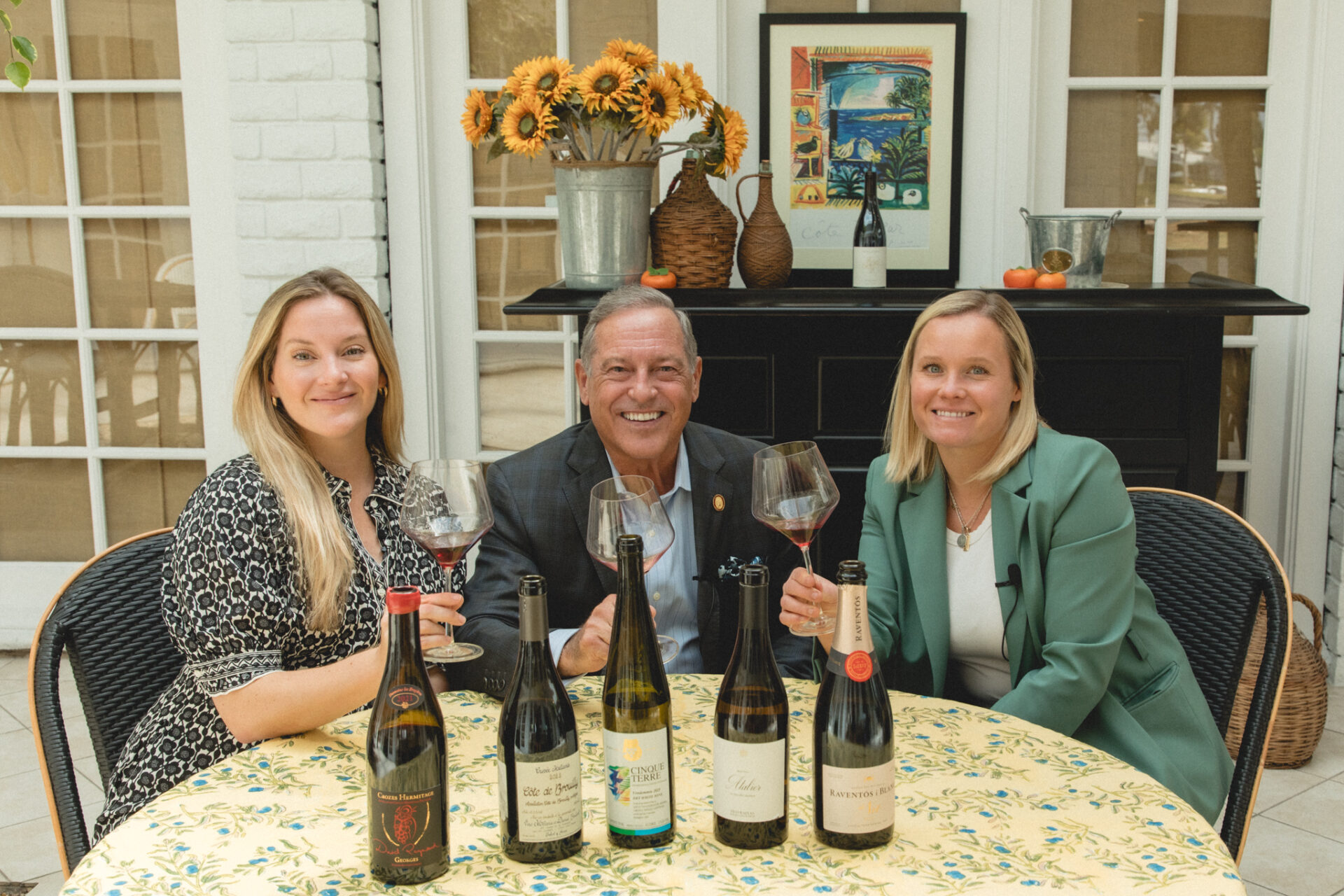
February 26, 2023 by Arden Montgomery
How I Argaux: Kicking Off Women’s History Month with Food 52’s Amanda Hesser
To listen to the conversation click here for the Zoom recording.
Arden: Thank you so much for hopping on and taking the time to chat with me. I personally could not be more excited to kick off Women’s History Month and International Women’s Day with this conversation. I’ve been a long time Food 52 fangirl and I am so inspired by what you’ve built. So, would you mind introducing yourself and Food 52 to those who may not be familiar?
Amanda: I started Food 52 with my friend Merrill Stubbs, and she and I built the company together. We both came from the food media world and really wanted a place that brought everything together in our food and home lives in one place. A place where we can find really great quality content, be inspired with recipes and ideas, things to cook, a place where we can learn, discover new products and get the things that we needed.
Arden: As a journalist at heart, you’re a risk taker – Taking risks on sources, getting the facts straight and the story right, etc. How did your experience in journalism help you as an entrepreneur? Do you feel like your skillset as a journalist has given you an advantage as a business owner?
Amanda: I don’t think I realized it at the time, but looking back I think my experience in journalism was an enormous help as was Merril’s because when you’re a journalist your job is really to look ahead and connect dots for people and tell them what they should be paying attention to in your particular area of expertise. That is very much what we did to identify what kind of company we wanted to build but also it has helped in terms of whether we are trying a new initiative or we are thinking of what is next and how to continue innovating. I think another part of journalism is that your job is to figure out who are the best people to talk to around a subject, who are the real experts, who can help you learn and do a deep dive on a topic. I think when you are running a company that is what you are doing everyday whether it is what kind of accounting firm do I want to use or say you have to be nimble about finding resources, networking and finding the best people to talk to no matter what the topic whether it is something operational, or something that is related to your strategy. The last piece that is incredibly helpful is that as a journalist, being in media is not how it used to be and if you are in media now, you are used to being really scrappy and living on a tight budget. So that was something that we already understood really well and I think that is something that anyone who is starting a company that you need to embrace.
Arden: I listened to your How I Built This interview and what stood out to me the most from a personal standpoint was what you learned from your father. I lost my father unexpectedly as well back in 2019. You said you got a lot of your business instinct from your father. What is one thing you still carry with you today that you learned from your father?
Amanda: You had mentioned that I seem like a risk taker and I definitely credit him with that because he really was always a risk taker and I could see that when I was young and I can see how it was challenging for him but it was also paid off. Another thing is that my dad was always dreaming big and I think I also gained that from him. So I think those two combined have been so helpful because it I like to think of big ideas and I am not afraid to pursue them and I really have him to thank for that.
Arden: You left a prestigious job as food critic and writer at the New York Times in order to pursue your first business endeavor (before Food 52). For someone who (from my research) is obsessed with financial security, how did you come to the conclusion that this was the right move? Did you outline the pros and cons on a sheet of paper or was it more of a gut decision? How did you evaluate the risk, or did you only see the opportunity?
Amanda: Well I would say that I am a very conflicted person because in one sense financial security is very important to me but I am not willing to prioritize that over doing things that I care about and that I am really passionate about. I will always skew towards something that I find more interesting and that I feel excited about over comfort for myself. I am also a very instinctive gut based decision maker and which comes with a lot of pros and cons as you can imagine because it doesn’t always go well. But I have seen it go well often enough that I believe in it and really trust my gut. It was really prompted by having our kids. When you have these big life inflection points whether it is getting married, or having children or losing someone who is important to you, it can really inspire change in your life. For me it was a lot of clarity and eventually change. My husband and I had twins in 2006 and I think in that moment I realized I am entering into a different stage and I am no longer a kid myself and I am getting to a point where I didn’t want to feel like the door was closing on taking risks and doing interesting things even though I really had enjoyed like getting to work at a place like the New York Times which is something that I never dreamed of. I felt like if I didn’t leave then and take a risk, I wasn’t going to have that kind of life.
Arden: You seem incredibly fearless, Amanda and a lot of people can get stunted with analysis by paralysis. What’s the first step, what’s the right step, and so on. It seems like you have built this incredible career and business by doing and figuring things out along the way. Would you agree with that and what advice would you give to someone who feels like they don’t know where to start?
Amanda: I think this is the hardest thing for all humans to deal with is fear of failure and we all struggle with it and yet there is so much evidence and so much anecdotal narrative out in the world that how failures often lead to either learning about yourself or new opportunities that crop up. Great things come out of failure. Fewer great things come out of winning all the time. If you have gotten this far and we got here because we are determined, worked hard or made things happen so like if you do fail, you can get back on the horse. Just knowing that, that is a good guide just to help you understand that if you do take a risk and you fail it doesn’t mean everything is over. I am saying this out loud and I am kind of laughing inside because I don’t like failing and I also have an incredible fear of failure. I do think that is kind of what drove me to keep at this until it really caught on was because I felt like I couldn’t fail. In my head I felt like the consequences were so great it was almost like my life would be over if I failed. It ended up becoming a real source of motivation. If you can channel it to work for you I think it can be really powerful. I am still trying to harness this feeling to keep me motivated to continue to take risks and don’t fall back on any sense of discomfort.
Arden: A lot of your exploration took place in your early twenties, by 24 you had already written your first cookbook and I believe that’s when you landed the job at the New York Times. Do you look back on your twenties as a defining decade? What advice would you give twenty-somethings today? What should they take advantage of in their twenties, or not wait to put off until their thirties?
Amanda: When you are in your twenties it is really important to own that. You can do so much. When you are just getting out of college you are still immature at some level and you are continuing to mature into your adulthood. It’s this balance of you want to go after things when you are in your twenties and not feel like you have to check the boxes of getting the right jobs. You should experiment, try new things and know that you have the flexibility to try something your’re interested in, follow another passion and do that until you figure out what you want to do. I think embracing that is really important. But then I also think that it is important to understand that you also you have a lot to learn. Going into your career with that mindset, I think would be really great. You have a lot to learn from people who are maybe further along from you but also seeing your career as essentially one long learning process. I kind of wish I had thought about it in that way. I thought about it as I had to get to certain places as appose to all of this as a continuous thread of me learning about the world and getting better at things and learning what areas that I am deficient in and ideally getting better at those things. Seeing it all as a process as appose to this kind of box checking exercise.
Arden: What did you learn from your first attempt at starting a company that you made sure to take with you and never forget when you started building Food 52?
Amanda: I am not a sales person by nature. Sadly that is not a trait that my dad passed onto me because he was a really great sales person. The thing I took away was that their tend to be two schools of founders. One school is founders who are really great at shaping a vision even if there is not much to back it up yet. They tend to be great at selling that and getting people excited about and getting people on board. Which is a really important skill. They tend to figure things out later and sometimes they don’t figure it out because they don’t have enough substance behind their idea. The other school that is probably less snazzy, is where my co-founder and I belong to which is that we like to prove that there is something of substance and then we sell it based on the facts. I think it is good to understand what kind of founder you are because it all just helps you shape the direction of the company better. It will help inform when you raise money, how you go about it, and how to tell your story. Story telling is a big part of growing a company and I think that both schools of founders have to be good at story telling. There is also some kind of salesmanship that is also important and frankly I don’t think that it has been a huge strength for ours but we made up for it in other ways.
Arden: Let’s talk some more about risky business – You started Food 52 with newborn twins! You also started your business in 2009! Did you have any doubts and how did you harness them to keep your head down and stay focused?
Amanda: I don’t want to sugarcoat it. I think it is really hard and I think this is something that it doesn’t get talked about very much. It takes a lot of psychological resilience when building a company. There so much that can go wrong and so much to do. I am a person that really likes partnering with people as is my co-founder Merril. I think for us, we really found it helpful to have each other and have someone who you can trust entirely. What we found is that we can lift each other up just naturally and kind of luckily. Help support them, help pick up some of the slack. We worked in that way intensively for 10 years and I certainly have felt it since Merill stepped back. In 2020, Merill stepped back in the day to day and is on our board but I don’t have that and it has been interesting to see. I don’t think I understood how dependent I was on it. It doesn’t have to be a co-founder, I think a good friend or your spouse can really help. I think an adviser or business coach can be really helpful. You often feel like when you are building your company, any time that you are taking away from the business is taking away opportunity to grow or thrive. It is easy for founders to forget that if you are not at your best your company is not going to be at its best and your team is not going to be at its best. I think something that is really important is making sure you are getting sleep and you are getting exercise and you are eating well. It is so basic but it often gets neglected and it is amazing what an affect it can have. If you aren’t feeling great, your team is going to feel it and they are going to respond accordingly. It brings down the mood of the team. I think that is a really great thing to pay attention to. I do think meditation is very helpful.
Arden: I just read Simon Sinek’s “Start With Why” and I have to say I thought a lot about Food 52 when I was reading it! Food 52 clearly has such a bigger impact than just being a food blog and we know that now, but I also felt that as a twenty-something when the company was brand new. It was about so much more and people understood that. They felt that and that’s so difficult to do unless you start with why. When you start with why, you are starting from a place that inspires you as a founder, a place of passion. This place is incredibly risky territory because you have to be able to execute and put in the work – How do you manage that balance?
Amanda: Honestly there has been moments of where I don’t think I did a good job of this because I got consumed with something else of the company. I am not aware of this book so I am going to look it up. We started with Why but we didn’t realize that was a thing. Again, everything comes from the gut. We wanted to create this company because it was something that we thought people were going to need. It wasn’t simple to describe, it still not simple to describe and I am glad we kind of stuck to our guns and kept building. I do think that when you are innovating often, people don’t usually get it. There was this period where everyone was fundraising with the tag line “we are the Uber of x”. We never wanted to be the Uber of anything. We wanted to do something that was really tailored to the space that we are in and we felt like consumers really needed and that we would figure out how to make it work. You are going to have a lot of people have doubt. I think just learning to seeing clearly through that is really important.
Arden: You worked abroad at different restaurants and bakeries and eventually landed in France for cooking school. Burgundy to be specific! This is where your knack and interest in storytelling was ignited, but also this newfound perspective re: seasonal cooking – Why is food and wine so important to our culture today? The act of cooking and sitting down to enjoy a meal and bottle of wine with friends and family?
Amanda: This is something that it is just timeless. There is a human need to connect, break bread together, and share food. This has been happening forever in lots of different forms and I think we are just more aware in the importance in food. It is very sensual, you literally ingest it which is why I think it becomes this really strong psychological imprint of memory. When you associate often with something important in your life you often associate those memories with the food that you were eating that day or that moment. The smell of it or the feeling of it and I think it is something that is deeply human. The existence of our company is an acknowledgement of this and the exploration of this. Ideally a way of really help support you embrace the meaningful act of eating and sharing with other people in this world.
We are looking forward to continuing the conversation around Risky Business with our inspiring lineup of panelists on March 29th for our 3rd Annual Women In Wine & More Panel Discussion and Tasting. Register to join the conversation here.



